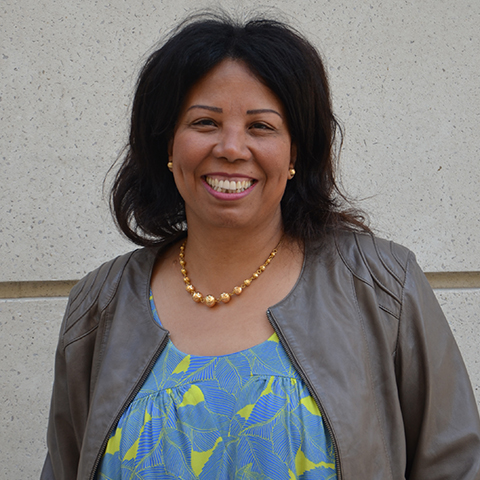Restrictions: Asset Freeze |
Azza Soliman is a prominent lawyer and the founder of the Center for Women’s Legal Assistance (CEWLA). She is currently serving on its board of trustees. CEWLA is a feminist organisation that campaigns to promote gender equality, focusing in particular on legislative reform and awareness-raising.
In November 2016, Azza Soliman’s personal bank account and that of her law firm, Lawyers for Justice and Peace, were frozen by instruction of the Central Bank. Shortly after that, when trying to flight to Jordan to participate in a training on human rights, she was notified that she was banned from travelling.
In December 2016, she was arrested from her home and escorted to the police station by security forces. She was later transferred to the New Cairo court where she was interrogated by the investigative judge of case no 173, known as the foreign funding case. Released on bail in the evening, she remained under investigation, charged with tax evasion, receiving illegal foreign funding “with the aim of harming national security”, and founding an illegal entity.
In July 2017, two of her colleagues at the LJP, Seham Ali and Abeer Ali, were summoned for questioning by the investigative judge, accused of the same charges. Abeer could not attend the interrogation and Seham, who was reportedly asked about Azza’s activism, was released on bail.
Azza has appealed both the travel ban and the assets freeze decision, finding out that the general prosecutor’s list (the only legal list regarding travel bans) did not include her name and that, in consequence, the travel ban is illegal. After a lengthy judicial procedure, the appeal on the travel ban was rejected. The case she filed against the bank that blocked her account is still ongoing.
Azza Soliman was a witness to a murder of activist Shaimaa ElSabbagh, who was killed while peacefully protesting on 24 January 2015. Two months later, the Qasr El Nile Prosecution Office in Cairo changed Ms Soliman’s status from being a witness to the killing of Shaimaa ElSabbagh to a defendant, accused of protesting illegally. She was acquitted of the charges, which the prosecutor subsequently appealed.
On 30 August 2021, the investigative judge mandated by the Cairo Court of Appeal ruled that there was not enough evidence against four human rights groups in the NGO foreign funding-related Case 173/2011 to pursue a criminal trial and ordered the years long travel bans and assets freezes on a number of prominent activists, including Azza Soliman, lifted.
Her travel ban has been effectively lifted, however her asset freeze remains upheld although she has repeatedly contested it in court without success. It seems she is under investigation for tax evasion, but the legal reason for this restriction is unclear: although she has provided all the official documents proving she is not in default, she is facing a deadlock with the authorities that refuse to talk to her and other human rights defenders in similar situations. This is resulting in a prolonged freeze of her assets, which continues to impact her day-to-day life as a punishment for her human rights work. It also implies a permanent threat of re-arrest or of a new case that could potentially be opened against her and others.

